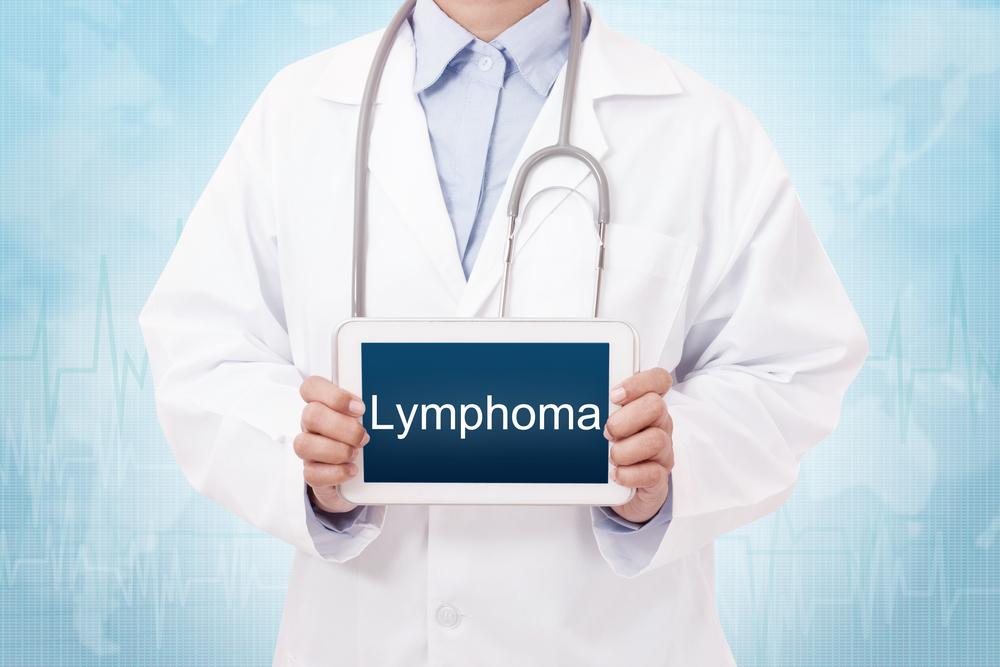The Role of Chemotherapy in Cancer Treatment
Even though chemotherapy is most often associated with drugs used in cancer treatment, “chemo” is actually characterized as the use of any drug to treat almost any disease. Chemotherapy works to kill cancer cells throughout the entire body when cancer has metastasized (or spread) from the original tumor to other parts of the body. Chemo is often used in collaboration with radiation, which eradicates cancer cells in a particular area, and surgery.
The primary goal of chemotherapy treatment is to cure, control, and lessen the disease and symptoms (known as palliative care).
Before a patient undergoes chemotherapy, doctors will decide on a treatment plan based on the following:

Chemotherapy drugs
To determine the drug to use for treatment (chemo), doctors will consider your type of cancer, stage of cancer, as well as patient age, and overall health (i.e., other existing health conditions, like kidney disease). They’ll also consider whether or not you’ve had chemo before in the past.
Chemotherapy scheduling
Chemotherapy is given by dose per cycle (i.e., several days) followed by several days or weeks with no treatment to allow healthy cells adequate recovery time from side effects. Your doctor will schedule your chemo based on the number of cycles needed, based on the type and stage of cancer you have.
Chemo dosage
Drugs used in chemotherapy can be severe with multiple, dangerous side effects, which is why chemo drugs must be chosen with care as precise dosages must be prescribed for disease-fighting effectiveness and with considerations for safety of the patient—taking patient height, weight, age, blood cell count, existing conditions, and nutritional status into consideration.
Chemo adjustments
Some chemo patients suffer harsh side effects and so their chemo schedules may be adjusted to allow for more recovery time between chemo treatments. Your doctor may also prescribe supportive medicines for more efficient recovery time between chemo treatments.


